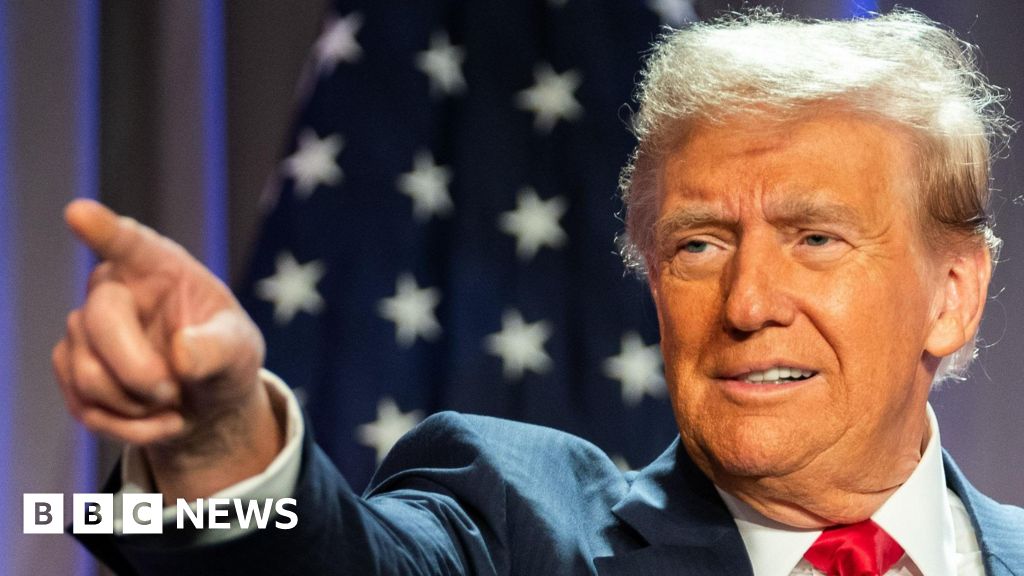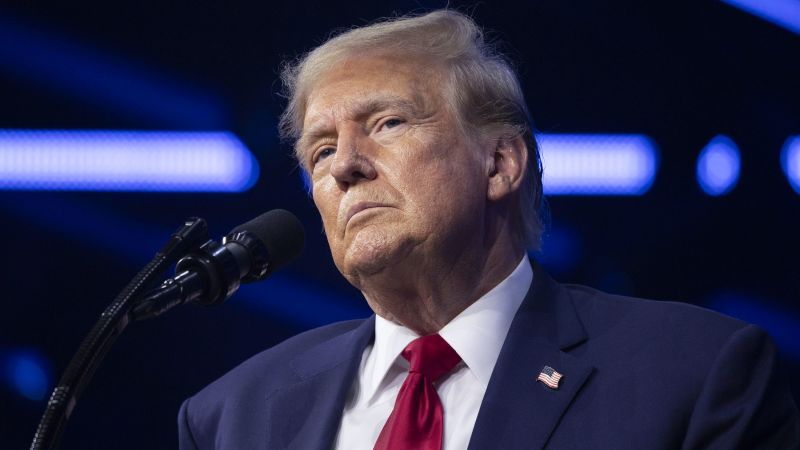Trump Advocates for Recess Appointments to Expedite Nominee Confirmations
President-elect Donald Trump is pressing Republican senators to adopt recess appointments for his nominees, a strategy that would bypass the traditional Senate confirmation process. This call comes as Trump looks to quickly fill key positions within his administration without the delay that plagued his previous term due to prolonged confirmation battles.
Recess appointments allow the president to install nominees while the Senate is not in session, effectively sidestepping the required hearings and votes. Trump’s demand, stated via social media, has found preliminary support among GOP leaders seeking the Senate majority leader position, including Senators John Thune, John Cornyn, and Rick Scott.
Historically, recess appointments have been employed by presidents of both parties as a means to circumvent Senate gridlock, with former Presidents Obama, Clinton, and Bush using the method extensively. However, the practice has faced increasing scrutiny and limitations in recent years, especially after the Supreme Court’s 2014 ruling declared that certain recess appointments were unconstitutional if the Senate was not in a true recess.
Trump’s push for this tactic reflects a significant shift in the balance of power between the executive and legislative branches, raising concerns among critics that it may dilute the Senate’s role in confirming key appointments. The urgency of Trump’s request indicates that he may be anticipating resistance within the Senate, particularly regarding controversial appointees like his pick for Attorney General, Congressman Matt Gaetz.
As Trump tests the loyalty of Senate Republicans and their commitment to this untraditional approach, the implications of adopting recess appointments could reshape the future legislative agenda and influence the dynamics of GOP leadership in the Senate. With Democrats still holding control of the Senate until the new Congress convenes, the effectiveness of Trump’s proposed strategy remains to be seen.

Trump administration picks: How the vetting process works
Many will go through a lengthy Senate vetting process before they serve in the Trump administration
www.bbc.com
Trump calls on GOP senators vying to be majority leader to agree to recess appointments | CNN Politics
In a bold move, President-elect Donald Trump is urging Republican senators competing for the Senate majority leader position to support his call for r
www.cnn.com
Gaetz could get confirmed without the Senate: How recess appointments work
Gaetz's confirmation as attorney general may be met with resistance from the Senate. But President-elect Trump may have a way to bypass lawmakers.
www.newsweek.com
What Are the Origins of Recess Appointments?
When cross‑country travel by horse prevented senators from quickly convening, the Framers decided to allow the president to make temporary appointment
www.history.com
Trump is demanding an important change to the Senate confirmation process
The change would be a major blow to the system of checks and balances.
www.vox.com
Why is Donald Trump keen to use “recess appointments”?
The president-elect is testing the loyalty of the Senate’s next majority leader
www.economist.com
Recess appointments could short-circuit Senate opposition to Trump nominees: ANALYSIS
The use of recess appointments to install members of Donald Trump's Cabinet would circumvent a key Senate process, consolidating presidential power.
abcnews.go.com